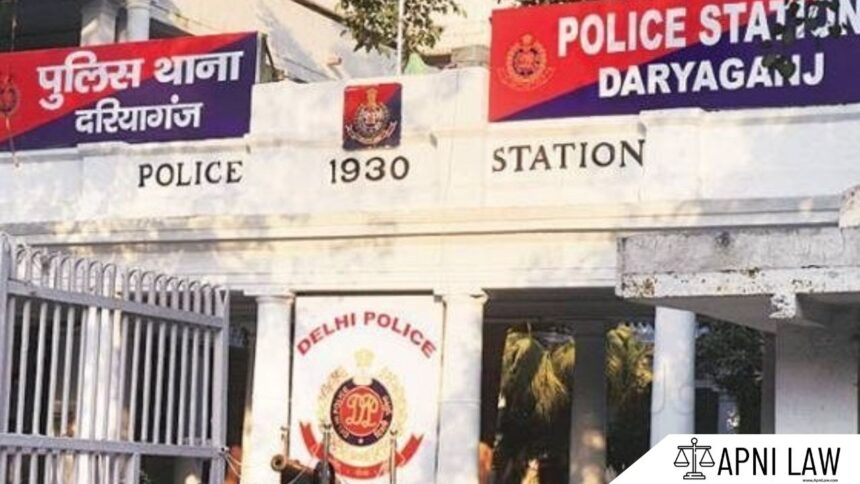Introduction
The First Information Report (FIR) and the General Diary (GD) are essential police records under Indian law. With the implementation of the Bharatiya Nagarik Suraksha Sanhita (BNSS), 2023 and the Bharatiya Nyaya Sanhita (BNS), 2023, there are notable legal clarifications. This article explains the roles, legal provisions, and key differences between FIR and GD under the new legal system.
What Is an FIR?
An FIR is a written report that the police prepare after receiving information about a cognizable offence. A cognizable offence allows the police to arrest the accused without a warrant. It also permits them to start an investigation without seeking court approval. Neither the Bharatiya Nyaya Sanhita (BNS) nor the Bharatiya Nagarik Suraksha Sanhita (BNSS) defines the term FIR. Section 173 of the BNSS, 2023 requires the police to record information about a cognizable offence. The law treats this recorded information as an FIR. The police must register an FIR for every cognizable offence under this section. Registering the FIR officially starts the criminal investigation process. The police must share the FIR with the complainant, senior police officers, and the Judicial Magistrate.
What Is a General Diary?
- A General Diary (GD) is a daily register maintained at every police station.
- Section 44 of the Police Act, 1861 mandates the GD.
- It records all major activities in the police station.
- The State Government prescribes the format and method of maintenance.
What are the GD Records
- Arrival and departure of officers
- Arrests and seizures
- Complaints and their disposal
- Any other relevant incident or information
Who Can File a GD Entry?
- Anyone can request a GD entry, even without filing an FIR.
- The Duty Officer records the entry and gives a GD entry number to the requester.
- The register is updated daily starting at 8 a.m.
- The Officer-in-Charge supervises all entries.
What Is The Supreme Court Rulings on FIR and GD?
CBI v. Tapan Kumar Singh (2003)
The Supreme Court ruled that a General Diary (GD) entry can serve as an FIR if it reveals a cognizable offence.
Shailesh Kumar v. State of Uttarakhand (2024)
In this 2024 case, the Court clarified that disclosing a cognizable offence requires the police to record it as an FIR under the BNSS provisions.
A GD entry cannot replace an FIR, unless a preliminary inquiry is legally required.
What Is The Connection Between GD and FIR?
- The FIR formally initiates investigation.
- The GD serves as an internal record.
What Is The Difference Between General Diary (GD) and First Information Report (FIR)?
Purpose
A General Diary (GD) records daily events at a police station.
An FIR registers a cognizable offence and starts the investigation process.
Content
GD includes complaints, arrests, property seizures, and officer visits.
FIR contains details about the crime, accused, complainant, and witnesses.
Handling
GD is for internal police use and is not sent to magistrates.
FIR is a legal document shared with superior officers and judicial magistrates.
Signature Requirement
GD does not need the complainant’s signature.
FIR must have the complainant’s signature for validation.
Legal Status
GD acts as an administrative record.
FIR is legally valid and can be used as evidence in court.
Conclusion
Under the BNSS and BNS, the distinction between FIR and GD remains crucial. An FIR initiates a legal investigation, while the GD logs daily police activity. While both documents are essential, their roles, procedures, and legal implications are different. Understanding these differences empowers citizens to navigate the criminal justice system more effectively.








